Home>Storage Ideas>Kitchen Storage>How To Get Rid Of Mosquitoes In The Kitchen
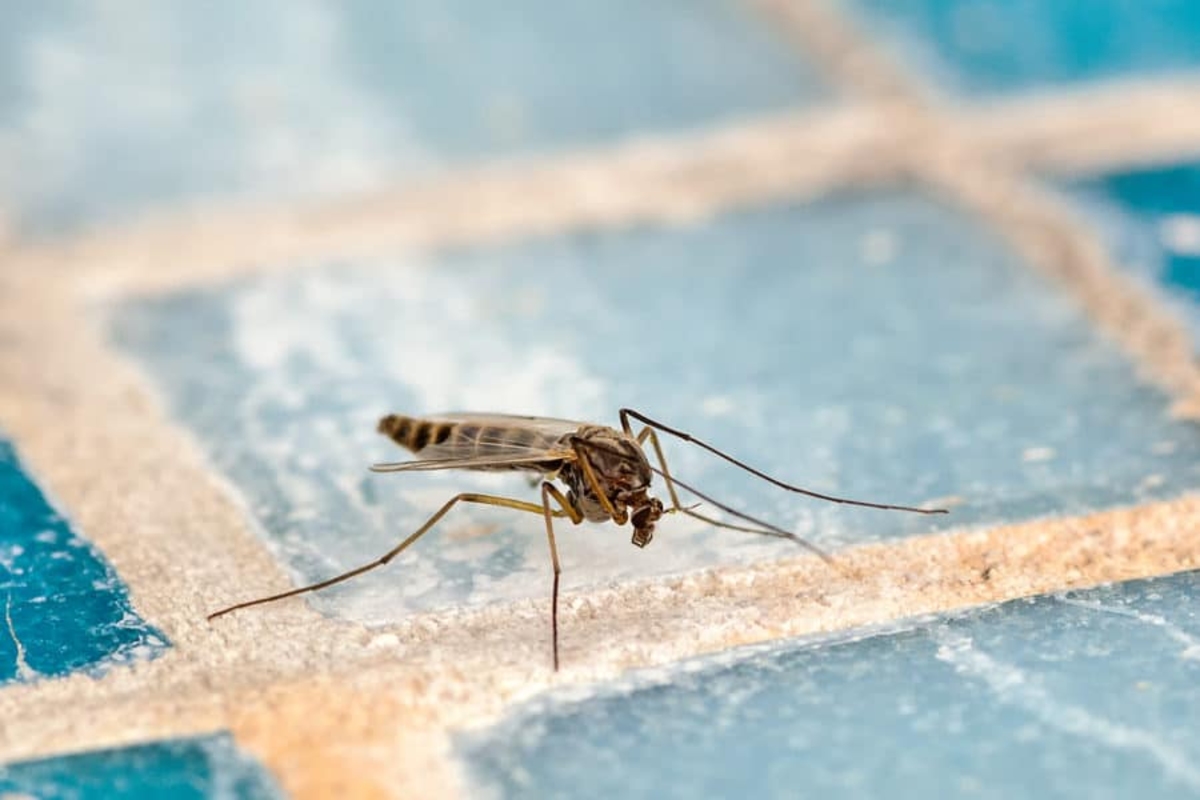

Kitchen Storage
How To Get Rid Of Mosquitoes In The Kitchen
Modified: August 31, 2024
Discover effective kitchen storage ideas to eliminate mosquitoes in your kitchen. Maximize space and keep your kitchen organized, creating a mosquito-free zone.
(Many of the links in this article redirect to a specific reviewed product. Your purchase of these products through affiliate links helps to generate commission for Storables.com, at no extra cost. Learn more)
Introduction
Mosquitoes are not only annoying pests, but they can also pose a health risk in the kitchen. These pesky insects can contaminate food and transmit diseases like dengue fever, malaria, and Zika virus. To ensure a safe and comfortable kitchen environment, it is essential to take proactive measures to get rid of mosquitoes.
In this article, we will explore effective strategies for eliminating mosquitoes in the kitchen. By identifying the source of these insects, implementing preventive measures, and using natural remedies, you can significantly reduce the mosquito population in your kitchen and safeguard your health.
Let’s dive into the details of each approach:
Key Takeaways:
- Keep your kitchen mosquito-free by identifying and eliminating breeding sites, sealing entry points, and using natural repellents. Proper maintenance and proactive measures are key to a pest-free kitchen.
- Implement a multi-faceted approach to mosquito control in the kitchen, including proper food storage, homemade traps, and professional pest control options if needed. Regular inspections and preventive measures are essential for long-term success.
Read more: How To Get Rid Of Mosquitoes On Your Patio
Identifying the source of mosquitoes in the kitchen
The first step in getting rid of mosquitoes in the kitchen is to identify their source. Mosquitoes are attracted to stagnant water and thrive in damp environments. Here are some common areas where mosquitoes may breed in your kitchen:
- Drains: Mosquitoes can breed in the moisture found in sink drains or floor drains. Make sure to keep these areas clean and dry, and use drain traps or mesh covers to prevent mosquitoes from entering.
- Plants: Indoor plants can collect water in their saucers or pot trays, providing a breeding ground for mosquitoes. Avoid overwatering your plants and empty any excess water from these containers.
- Appliances: Kitchen appliances like refrigerators, dishwashers, and washing machines can sometimes accumulate water. Check for any leaks or drips and fix them promptly to eliminate standing water.
- Cracks and crevices: Mosquitoes can hide and breed in small cracks and crevices in the kitchen walls, cabinets, or flooring. Seal these gaps to prevent mosquitoes from entering and breeding.
By identifying and addressing these potential breeding sites, you can greatly reduce the mosquito population in your kitchen. Regular inspections and maintenance will help you stay one step ahead and prevent mosquitoes from multiplying.
Eliminating standing water
As mentioned earlier, mosquitoes are attracted to stagnant water, so eliminating any standing water in your kitchen is crucial. Here are some steps you can take to get rid of standing water:
- Check for leaks: Inspect your kitchen plumbing for any leaks that may be causing water to accumulate. Repair these leaks promptly to prevent standing water.
- Empty and clean containers: Empty and clean any containers or vessels, such as buckets, bowls, or pans, that may collect water. If you use them for chores or cooking, make sure to dry them thoroughly before storing them.
- Tighten lids: Ensure that all containers with water, such as water storage tanks, containers for pet water, or even flower vases, have tight-fitting lids. This will prevent mosquitoes from accessing these water sources.
- Clean gutters and downspouts: Regularly clean your kitchen gutters and downspouts to remove any debris or leaves that may cause water to accumulate. This will prevent mosquitoes from breeding in these areas.
- Properly maintain drains: Clear out any clogs or blockages in your kitchen drains to prevent water buildup. Additionally, use drain screens or covers to prevent mosquitoes from entering and breeding in the drains.
By diligently eliminating standing water from your kitchen, you deprive mosquitoes of their breeding grounds, making it less likely for them to infest your space. Remember to perform regular maintenance to address any potential water accumulation areas and ensure a mosquito-free environment.
Proper food storage
Proper food storage is not only essential for maintaining freshness and preventing spoilage but also plays a role in preventing mosquitoes in the kitchen. Here are some tips for keeping your food properly stored:
- Keep food covered: Store food in airtight containers or cover it with plastic wrap or lids. This will not only keep pests like mosquitoes away but also protect the food from contamination.
- Avoid leaving food out: Leaving food uncovered or exposed for extended periods can attract mosquitoes. Be mindful of leaving fruits, vegetables, or leftovers on countertops or tables. Store them in the refrigerator or in sealed containers.
- Clean up spills and crumbs: Mosquitoes are not only attracted to standing water but also to food particles and spills. Regularly clean up spills and crumbs to minimize food sources that may attract mosquitoes.
- Dispose of garbage properly: Make sure to dispose of kitchen garbage in sealed trash cans and remove it regularly. This will help prevent odors and food debris that can attract mosquitoes.
- Rotate and inspect pantry items: Check your pantry regularly for expired or open food packages that may attract mosquitoes. Dispose of any infested or expired items and ensure that the remaining food is properly sealed.
By practicing proper food storage techniques, you not only discourage mosquitoes from entering your kitchen but also maintain hygienic conditions and reduce the risk of food contamination.
Sealing entry points
Mosquitoes can easily enter your kitchen through small gaps, cracks, or openings. Sealing these entry points is an effective way to prevent their intrusion. Here are some steps you can take to seal entry points:
- Inspect windows and doors: Check the seals and screens on windows and doors for any tears or gaps. Repair or replace damaged screens and use weatherstripping or caulking to seal gaps around windows and doors.
- Seal cracks and crevices: Inspect your kitchen walls, floors, and cabinets for any cracks or gaps. Use a sealant or caulk to fill these openings and prevent mosquitoes from entering.
- Install door sweeps: Place door sweeps on the bottom of exterior doors to create a tight seal and prevent mosquitoes from sneaking in from under the door.
- Use mesh screens: Install fine mesh screens on ventilation openings, such as exhaust fans or air vents, to prevent mosquitoes from entering while still allowing proper air circulation.
- Secure entrance points: Make sure that all entry points to your kitchen, such as pet doors or mail slots, are properly sealed or equipped with screens to keep mosquitoes out.
By sealing the entry points, you create a barrier that significantly reduces the chances of mosquitoes entering your kitchen. Regularly inspect and maintain the seals to ensure continued protection against these unwanted pests.
To get rid of mosquitoes in the kitchen, make sure to eliminate any standing water where they can breed, use screens on windows and doors, and consider using natural repellents like citronella or essential oils.
Using mosquito repellents
Using mosquito repellents is an effective way to keep mosquitoes at bay in the kitchen. There are various types of repellents available, including chemical-based repellents and natural alternatives. Here are some options to consider:
- Insect repellent sprays: Apply insect repellent sprays containing DEET, picaridin, or IR3535 to exposed skin to repel mosquitoes. Be sure to follow the instructions on the product label and avoid using directly on food or near food preparation areas.
- Mosquito coils and candles: Utilize mosquito coils or candles containing ingredients like citronella or lemongrass to create a mosquito-repelling barrier in your kitchen. Use them in well-ventilated areas, following the manufacturer’s instructions.
- Electronic mosquito repellent devices: Consider using electronic mosquito repellent devices that emit ultrasonic waves or use light to repel mosquitoes. Place them strategically in the kitchen to deter mosquitoes from entering.
- Natural repellents: There are natural alternatives that can help repel mosquitoes, such as essential oils like citronella, lemongrass, lavender, or eucalyptus. Dilute them in a carrier oil and apply to your skin or use them in diffusers to create a mosquito-repelling atmosphere.
When using any type of mosquito repellent, always follow the instructions provided by the manufacturer. It’s important to note that repellents may not provide 100% protection, so it’s still crucial to employ other preventive measures alongside their use.
Remember that personal protection is key, especially if you’re spending a significant amount of time in the kitchen. Wearing long sleeves, pants, and using mosquito nets can provide an additional layer of defense against mosquitoes.
Homemade mosquito traps
Creating homemade mosquito traps can be an effective way to reduce the mosquito population in your kitchen. These traps attract and capture mosquitoes, keeping them away from your food preparation area. Here are some DIY mosquito traps you can try:
- Bottle trap: Cut a plastic bottle in half and fill the bottom half with a mixture of water, sugar, and yeast. Invert the top half of the bottle and place it upside down into the bottom half, creating a funnel. The mosquitoes will be lured by the scent of the mixture and will enter the trap through the funnel, making it difficult for them to escape.
- Vinegar trap: Fill a small bowl with apple cider vinegar and add a few drops of dish soap. The vinegar scent will attract mosquitoes, and the dish soap will break the surface tension, causing them to drown in the liquid.
- Herbs and oils: Mosquitoes are repelled by certain herbs and oils. You can create a mosquito-repellent spray by mixing water with essential oils like citronella, lavender, or peppermint and using it to spray around your kitchen.
Remember to place these homemade traps in areas where mosquitoes are frequently seen, and regularly empty and clean them to maintain their effectiveness. While these traps may help reduce the mosquito population in your kitchen, they should be used in conjunction with other preventive measures for better results.
Professional pest control options
If you’ve tried various methods to eliminate mosquitoes in your kitchen but are still experiencing a persistent infestation, it may be time to seek professional help. Pest control experts have the knowledge, expertise, and tools to effectively tackle mosquito problems. Here are some professional pest control options to consider:
- Mosquito fogging: Professional pest control companies can perform mosquito fogging treatments in your kitchen or surrounding areas. This involves the use of specialized equipment to disperse a fine mist of insecticide that targets adult mosquitoes in their resting areas.
- Mosquito larvicide treatment: Pest control professionals can apply larvicides to standing water sources where mosquitoes breed. These larvicides target and kill mosquito larvae, preventing them from developing into adult mosquitoes.
- Integrated Pest Management (IPM): IPM is an approach that focuses on eliminating pests using a combination of methods. Pest control experts can assess your kitchen, identify the root cause of the mosquito problem, and implement a tailored plan that may include sealing entry points, eliminating breeding sites, and using targeted insecticides.
When hiring a pest control company, make sure they are licensed and follow proper safety protocols. Discuss your specific mosquito concerns, inquire about the methods they use, and ask about any potential risks or precautions during treatment.
It’s important to keep in mind that professional pest control options may come at an additional cost. However, if you’re dealing with a severe or persistent mosquito infestation in your kitchen, seeking professional help is often the most effective and efficient solution.
Conclusion
Dealing with mosquitoes in the kitchen can be a frustrating and potentially unhygienic experience. However, by implementing the strategies discussed in this article, you can significantly reduce the presence of these pesky insects and create a safer and more comfortable kitchen environment.
Identifying the source of mosquitoes, eliminating standing water, and practicing proper food storage are essential preventive measures. Sealing entry points and using mosquito repellents, whether commercial or homemade, add an extra layer of protection against these bothersome pests. Professional pest control options can provide comprehensive solutions for persistent or severe infestations.
It’s crucial to remember that successful mosquito control requires a combination of approaches. No single method is foolproof, so a multi-faceted approach is key to achieving long-term results. Regular maintenance, inspections, and proactive measures are essential to keep mosquitoes at bay in the kitchen.
By following these tips and adopting a proactive mindset, you can minimize the presence of mosquitoes in your kitchen and enjoy a pest-free cooking and dining environment. Remember, a clean, well-sealed, and moisture-free kitchen is the first step towards keeping mosquitoes away and maintaining a safe and enjoyable space.
Frequently Asked Questions about How To Get Rid Of Mosquitoes In The Kitchen
Was this page helpful?
At Storables.com, we guarantee accurate and reliable information. Our content, validated by Expert Board Contributors, is crafted following stringent Editorial Policies. We're committed to providing you with well-researched, expert-backed insights for all your informational needs.
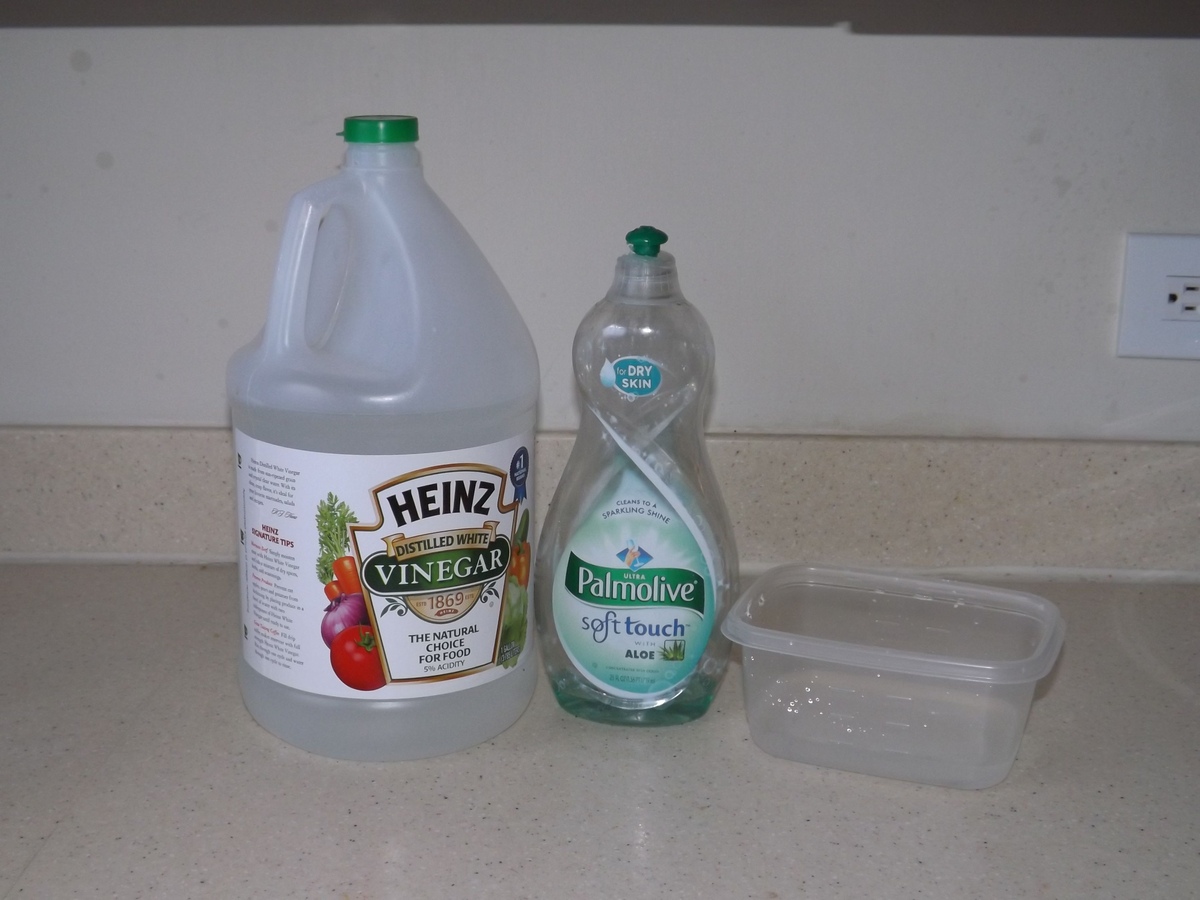




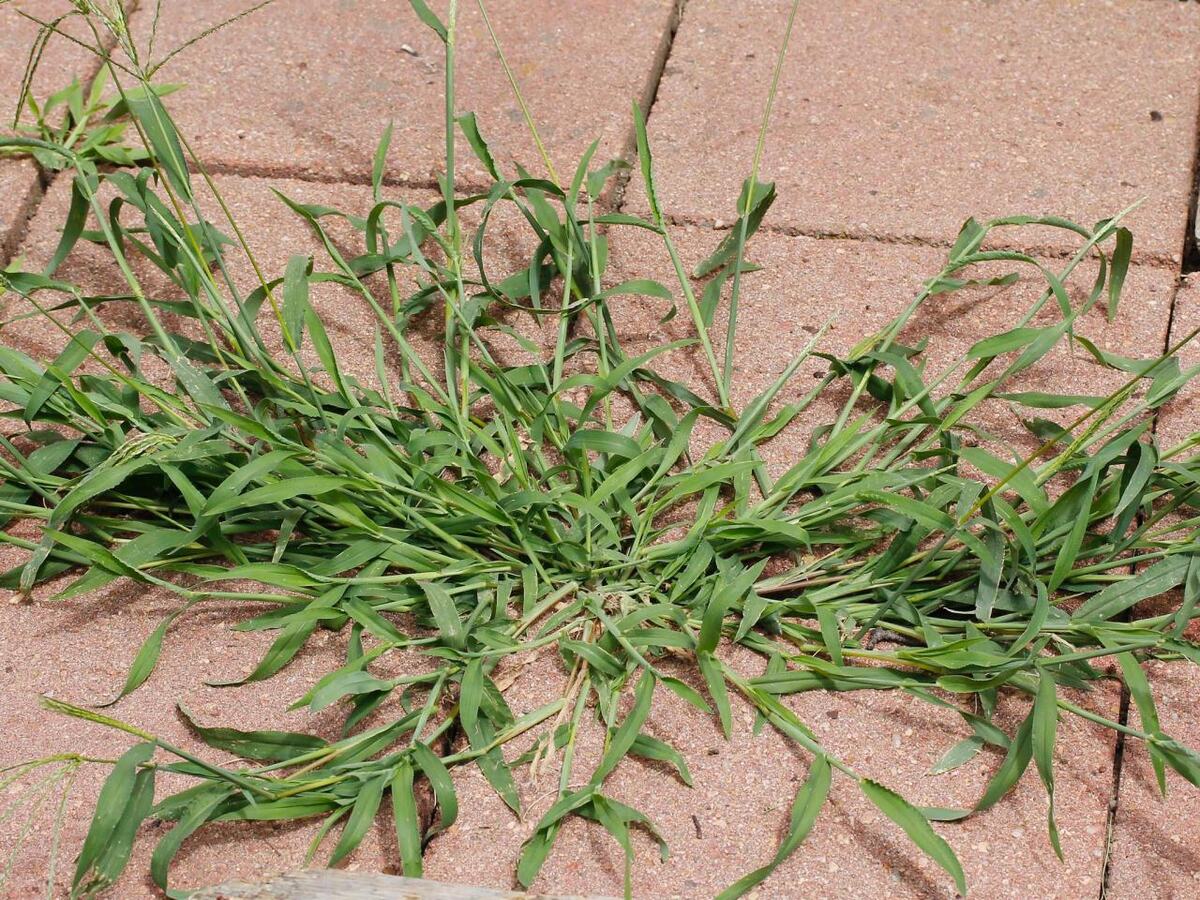
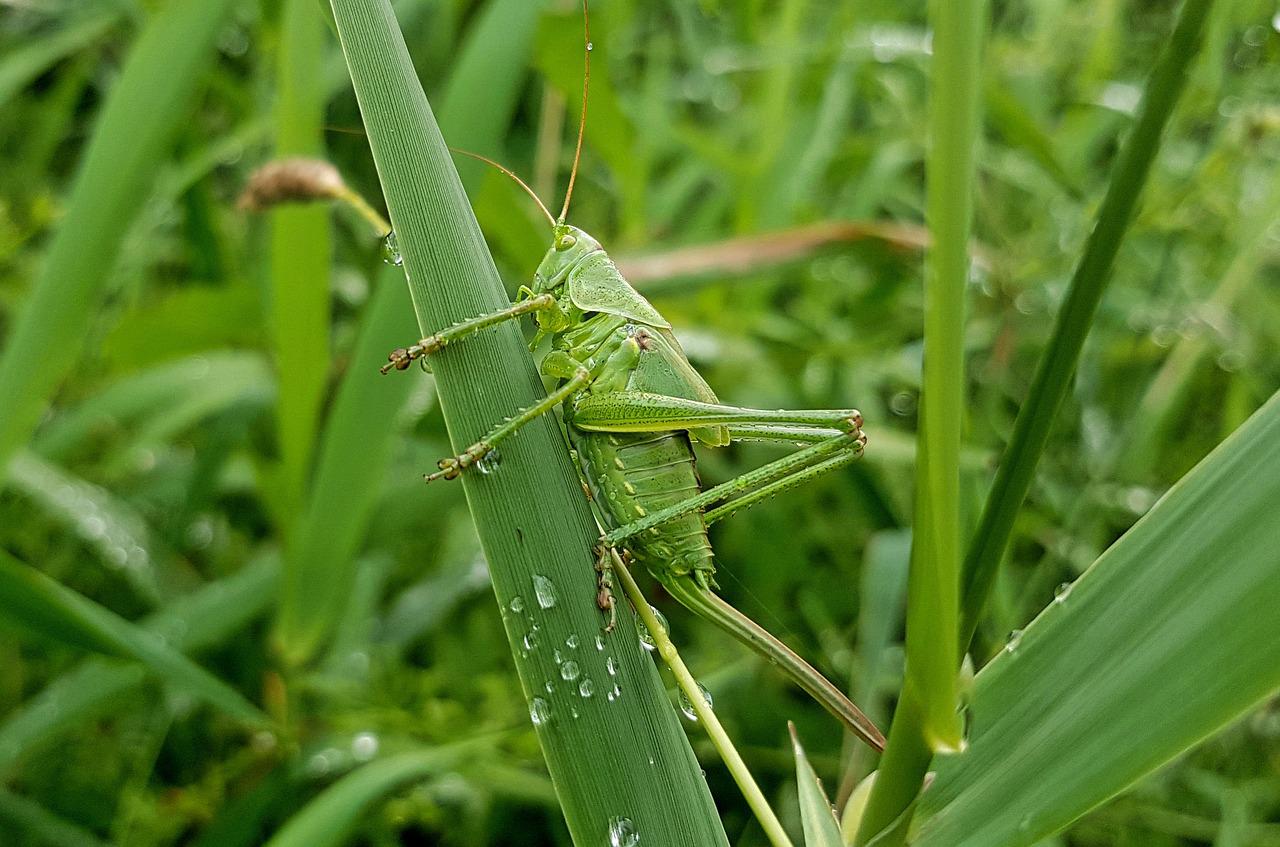


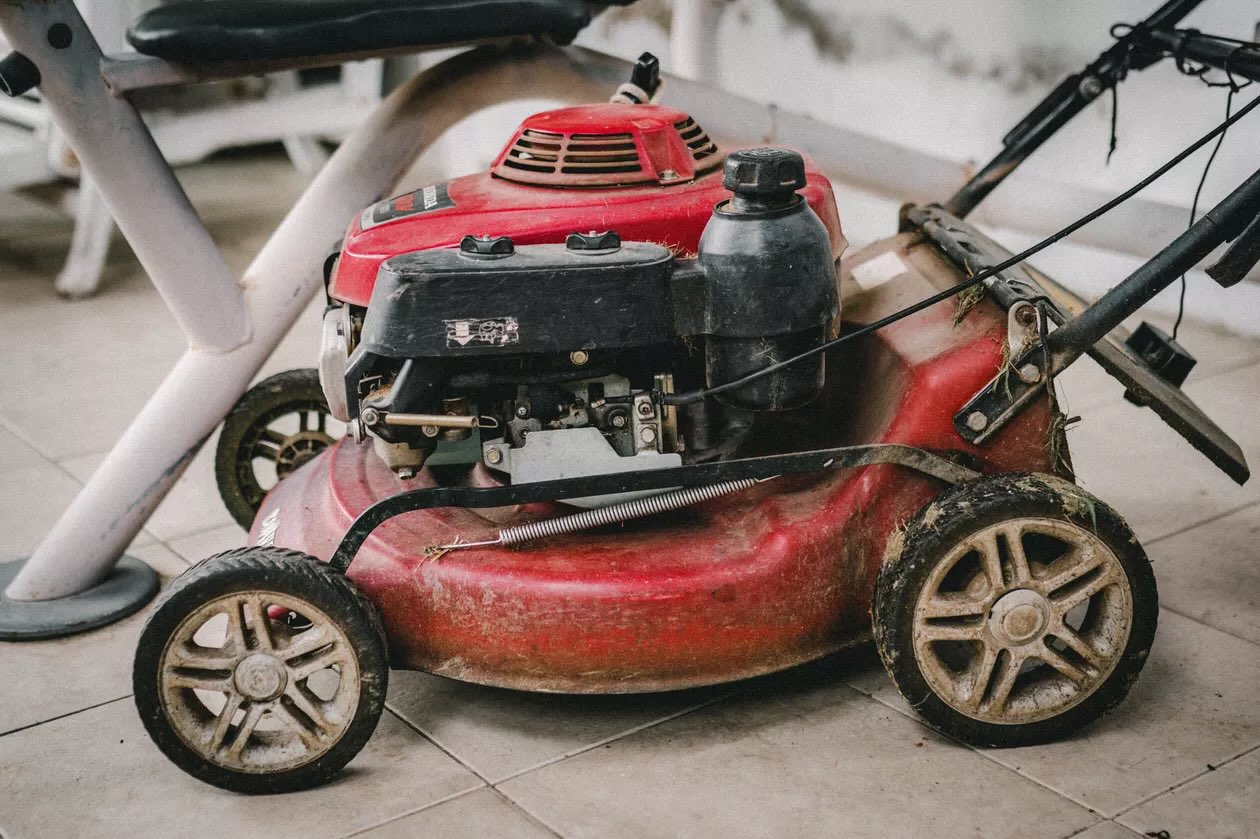

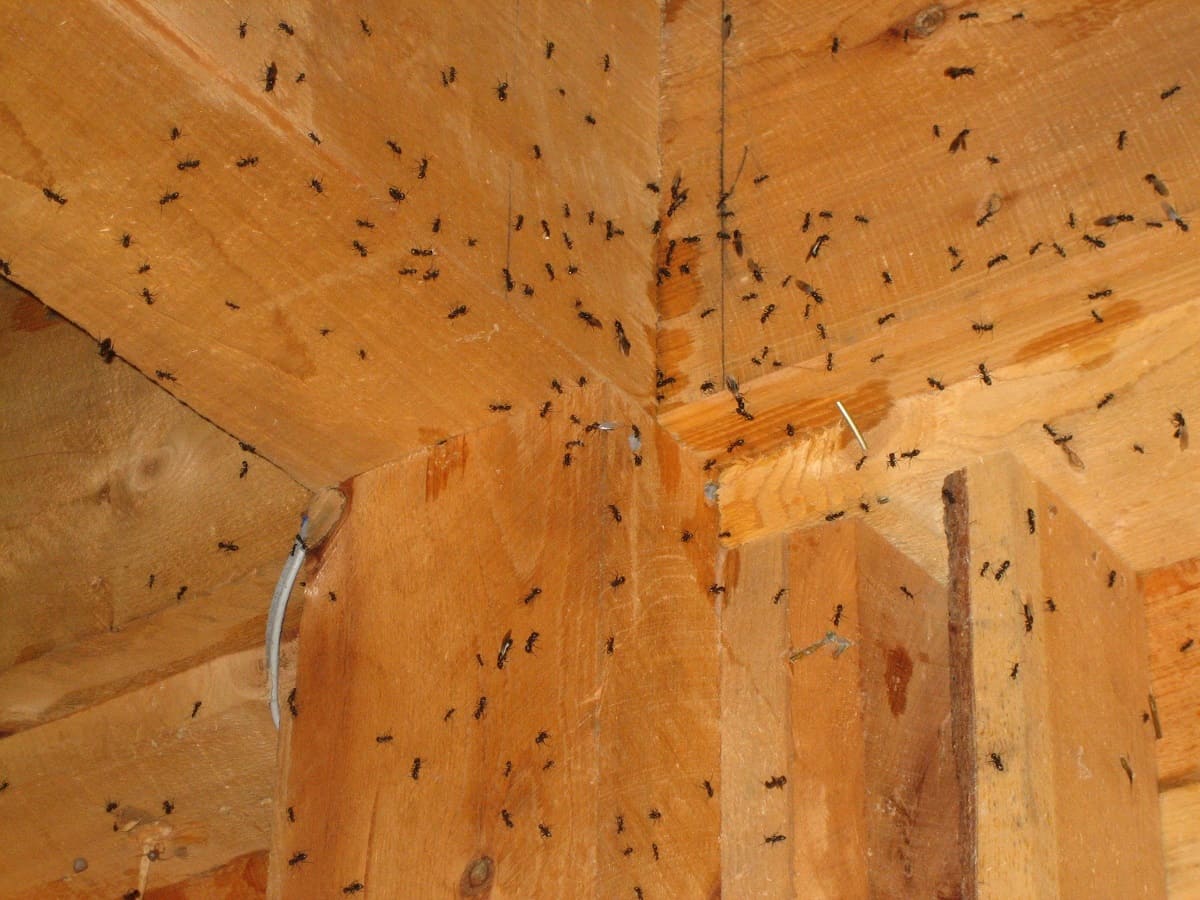



0 thoughts on “How To Get Rid Of Mosquitoes In The Kitchen”